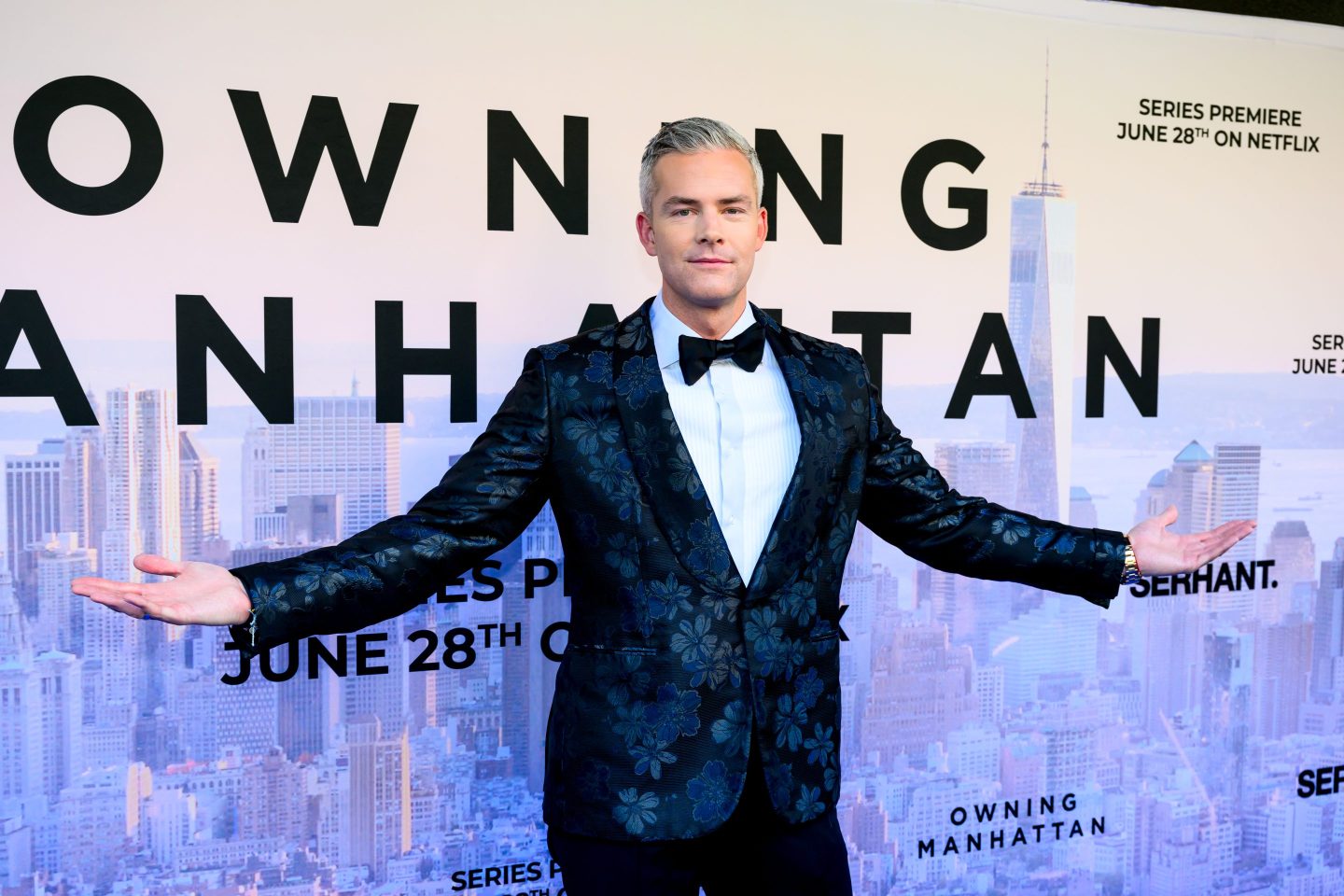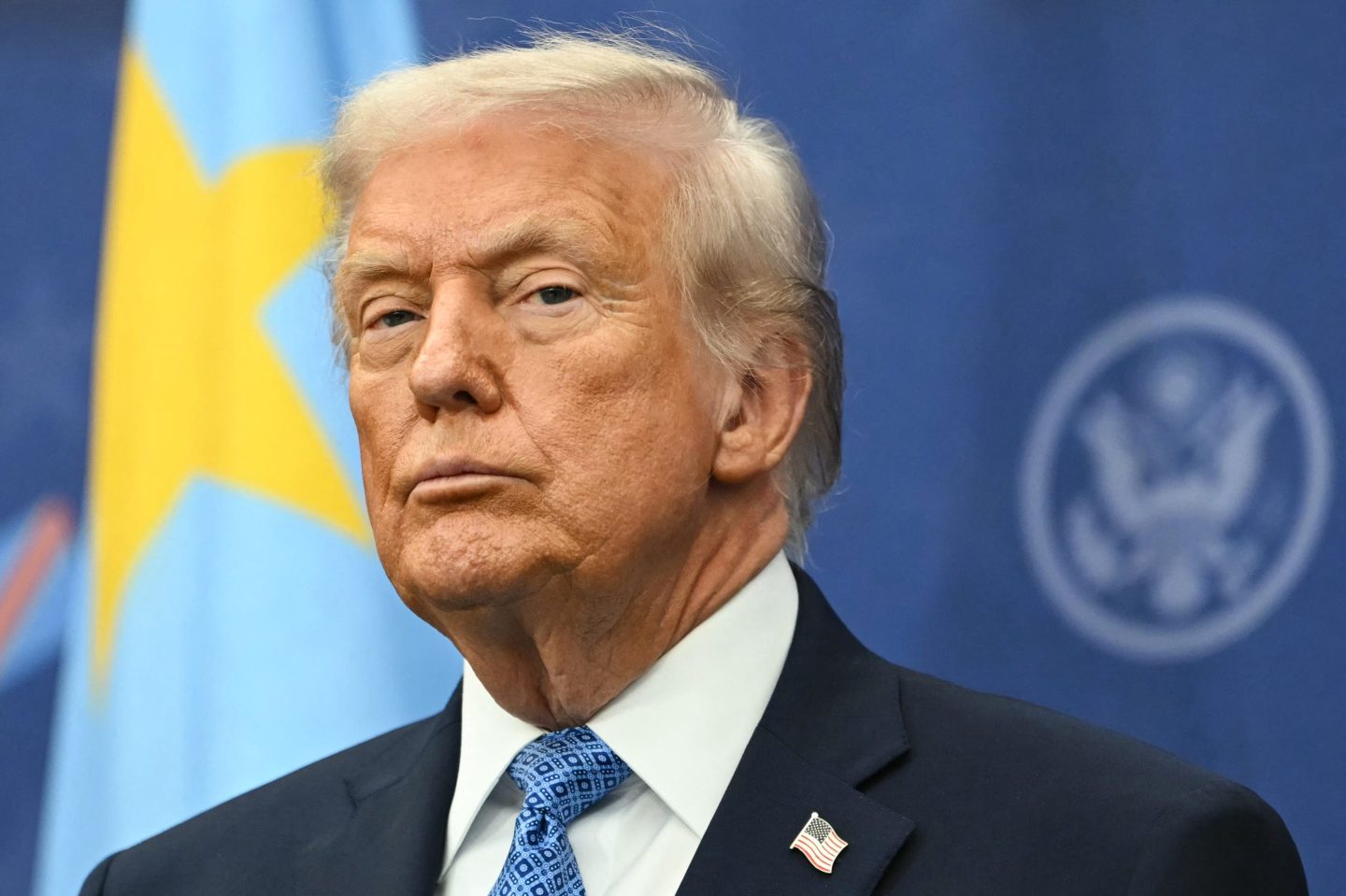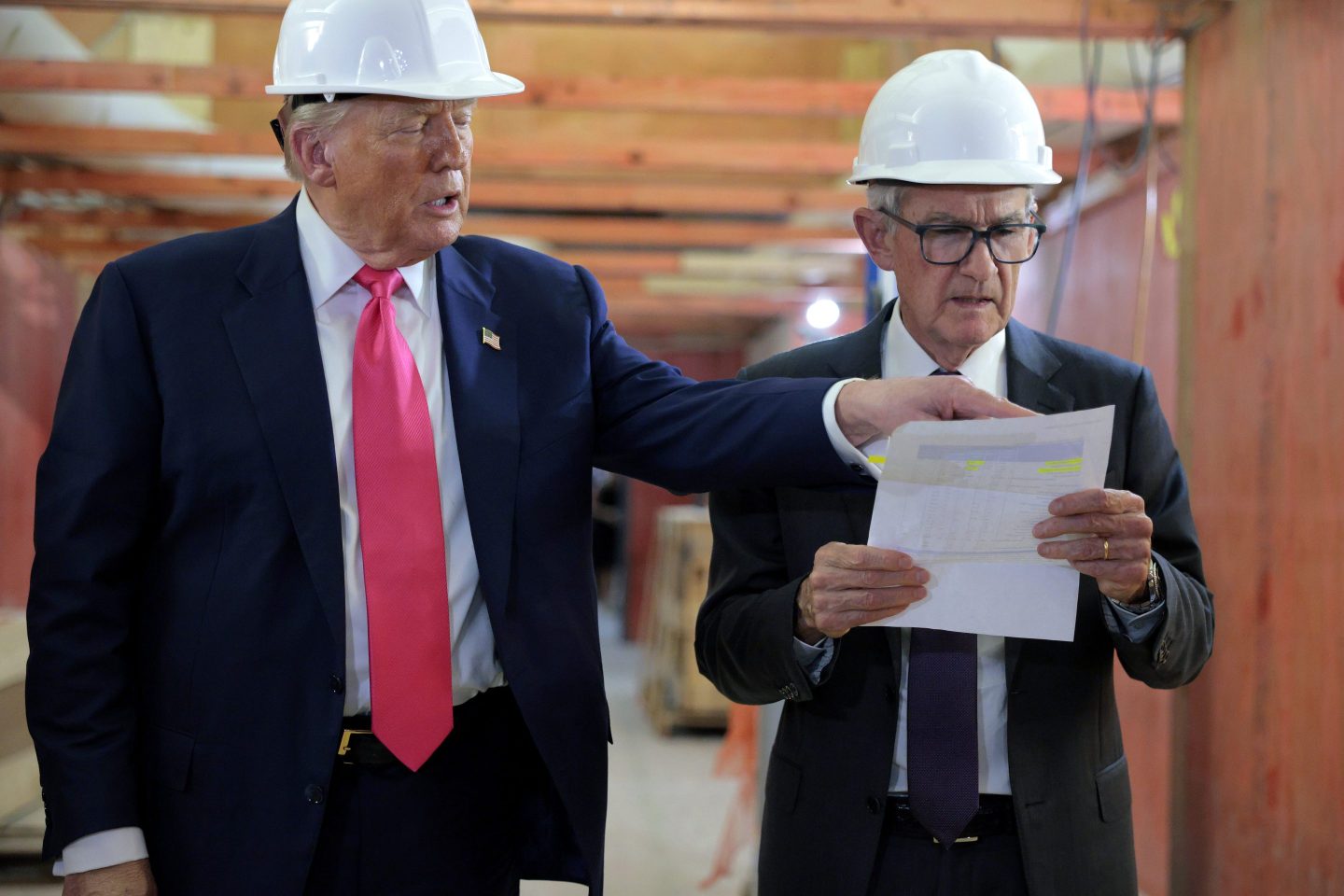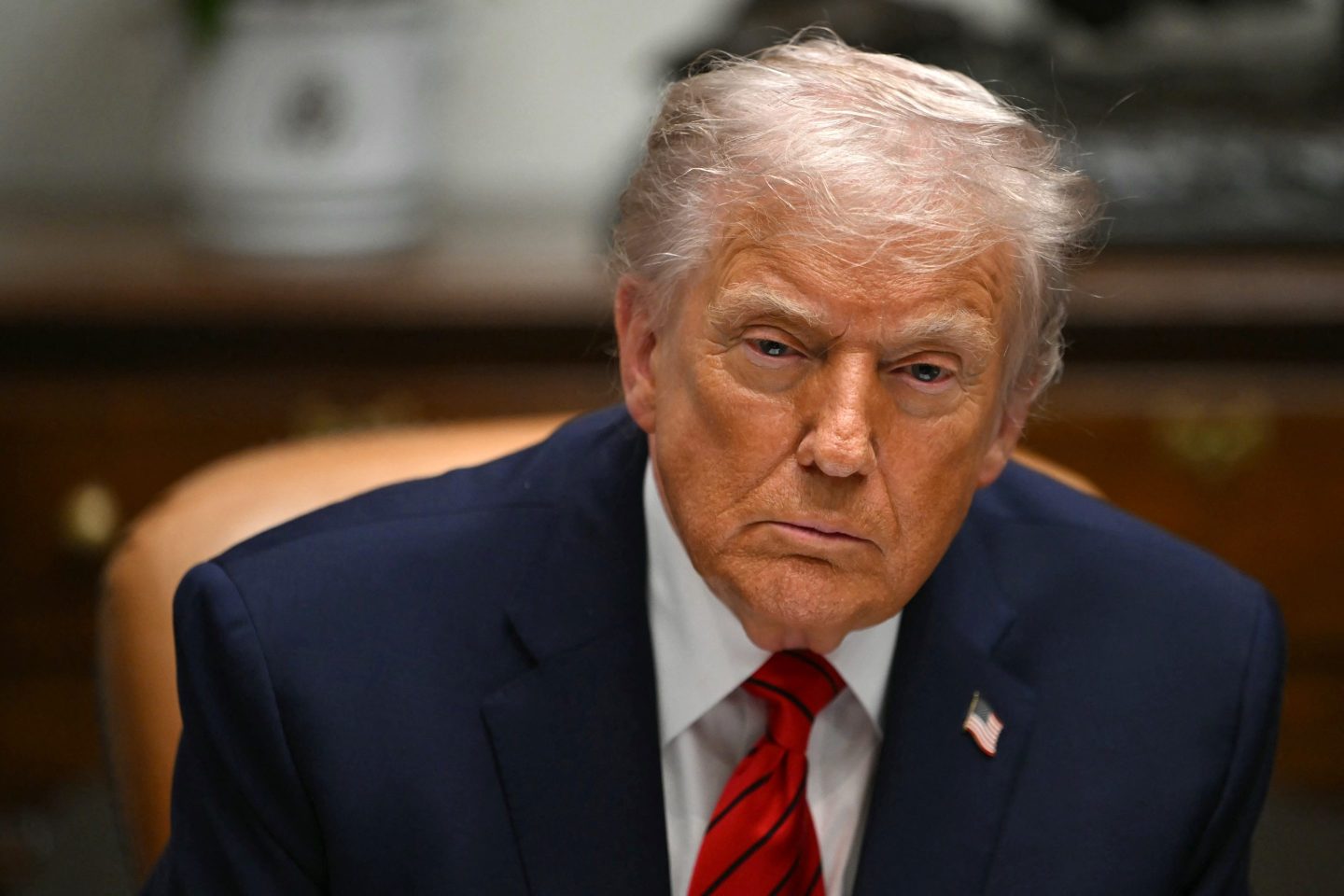The luck of the draw is especially appealing when the cards are stacked against you. But, unsurprisingly, the nation’s most popular game of chance has a sinister undertone as major lotteries capitalize on people’s hopes and dangle the ever-elusive carrot of a jackpot over financially vulnerable Americans.
Just this week, the Powerball jackpot hit $1.23 billion. You could count the number of times this has happened on a single hand, as it’s the fifth time ever the winnings have ballooned so high. That’s because no one has won the lotto since New Year’s Day. Now we are well into 2024, and 40 drawings later, there’s still no winner to be found. And as the game gets increasingly difficult to win, the evasive prize begins to become engorged.
Victory is a slim bet. Lottery officials themselves admit that there’s a one in 302,575,350 chance of winning the Mega Millions jackpot and one in 292,201,338 for the Powerball. A strike of lightning hitting you this year is even more likely (at one in 1.5 million, points out Fortune’s Chris Morris). But many are still entering the game, searching for something to jolt them out of their current financial straits.
Looking to catch a break, less well-to-do households shell out more on these lotteries than wealthier ones do, according to the Economist’s analysis of public records requests. The average adult living in the poorest 1% of zip codes spends almost 5% (or $600 annually) of their income on lottery tickets, per the analysis. The rich, buoyed by their relative economic stability, are less preyed-upon by the promise of millions or billions. Those living in the wealthiest 1% of zip codes spend only $150 on tickets, amounting to 0.15% of their paycheck.
Denouncing the lotteries as “systemic racism” and “consumer financial fraud,” Les Bernal, of Stop Predatory Gambling, told CNN in 2022 that economically vulnerable people are especially susceptible to these broken promises of a chance at wealth.
“They’re hoping to pay their rent at the end of the month or pay an outstanding medical bill or put their kids through college or they just lost their job and they’re just trying to find a way to make ends meet,” Bernal explained. “And here you have what is a government program encouraging citizens to lose their money on rigged games.”
While age and ethnicity also factor in (as nonwhite and older Americans are more frequent lottery players), the key is income. The Economist finds while looking at ticket sales across 24 states that for every 10% decrease in median household income, there’s a correlated 4% hike in lottery spending.
Even if the odds are low, Americans are asking to be dealt in, as interest in the lottery has surged over the past couple of years. Bolstered by the ease of buying tickets virtually, this trend is in part likely fueled by overarching economic malaise as many Americans are attempting to build wealth while facing a thorny housing market, scrape out of debt during a time of massive student loans, and stay afloat after a couple of years when inflation outpaced wages. Simply being able to afford retirement feels like winning the lottery, as many gauge that to do so comfortably, they’d need more than $1 million.
It seems as while the American Dream fades out, poorer households are looking at the lotto as a last-ditch hope. But just like the nation’s dream, the lotto is proving to be an elusive, inequitable, and dying (if not dead) promise of a new future.










